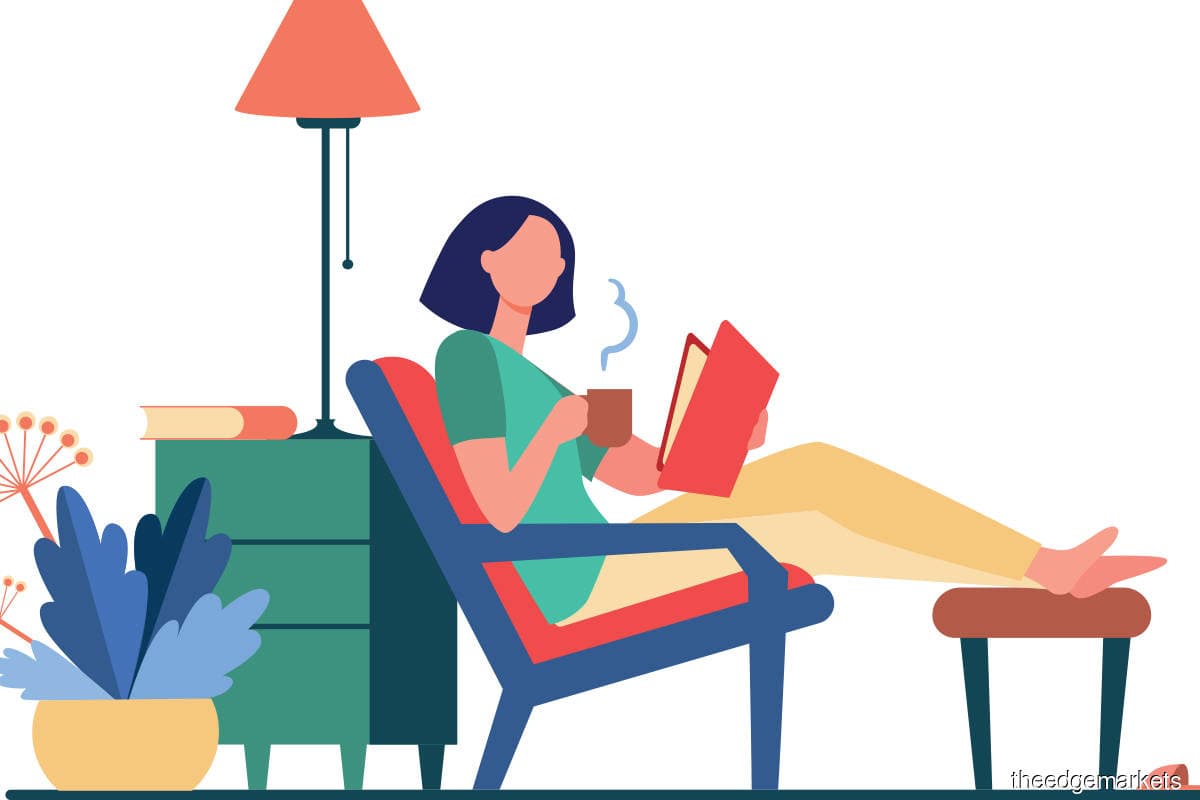
This article first appeared in Digital Edge, The Edge Malaysia Weekly on February 15, 2021 - February 21, 2021
An annual gym membership will last only a year, but insights gained from reading can last a lifetime — and it costs less too. Here are books you could add to your reading list, if you want to teach yourself something new this year.
1 Barking Up the Wrong Tree by Eric Barker
If we had ever wanted to be a successful entrepreneur, or simply successful in life, we would be familiar with sayings such as “quitters never win, and winners never quit” and “it is not what you know, but who you know that counts”.
But a quick check would show that most successful entrepreneurs actually go against conventional wisdom and refuse to fit themselves into a mould, in terms of how they should think and behave. In their journey to become entrepreneurs, many people give up on their ideas and jobs often, and also discover that being good with people can only take them so far. What are they to do?
Should entrepreneurs and would-be entrepreneurs be diligent and hardworking before everything else or should they focus on having a work-life balance? Should they be confident in themselves and their ideas or be open to changes? And do nice guys (or girls) really finish last?
As the book’s subtitle suggests, you will learn the surprising science behind why everything we know about success is mostly wrong, and what separates extremely successful people from the rest of us.
2 Think Like a Freak by Steven D Levitt and Stephen J Dubner
From programming to business solutions, innovative ideas are always welcome in solving problems that are both mundane and complex. It is that same innovation that separates great ideas from good ones.
Creative professionals are not the only ones capable of hitting a creative block, though. There are bound to be times when our creative juices seem to run dry, and our brains decide to take the rest of the day off. Repetitively tackling the same issue using the same methods can be mundane and soul-crushing, especially when the methods are not very effective. This is precisely why it is advisable to introduce a little bit of freakiness into your daily routine.
From the creators of the popular podcast Freakonomics, this book explores ways to view problems under a different light, to ask different questions and, most importantly, why it is okay to say the magic words “I don’t know” and what to do about it.
3 Relationships by The School of Life
Most love stories end with a “happily ever after”, but people rarely discuss what the “after” entails.
Written by British-Swiss philosopher Alain de Botton, this book criticises and presents the flaws of the romantic idea of how relationships are formed and sustained, propagated by mainstream entertainment and content.
Many of us assume that we are born knowing how to love and that managing a relationship is therefore intuitive and easy. The book proposes, however, that love is a skill that needs to be learnt, rather than just an emotion to be felt.
Starting a relationship with someone is difficult enough, but maintaining it is where one proves one’s mettle. For those struggling to cope with their partners in their everyday lives, especially those stuck indoors with them because of the pandemic (and because it was just Valentine’s Day and you may want to extend the celebration), this is a short, easy-to-read book to reflect on your own circumstances and bring more clarity into your relationships.
4 Getting to Yes: Negotiating Agreement without Giving in by Roger Fisher and William Ury
Written in 1981, this book is a classic that is applicable for readers from any industry at all organisational levels, and for good reason.
The art of negotiation and rhetoric is not taught in our education system today. Yet, it plays a vital role in our lives, from haggling over the price of apples at a night market to negotiating billion-dollar deals in large corporations.
The responsibility of learning the art of negotiation is thus delegated to the individual — to make constant mistakes and learn from them, or to shadow people who are already successful at negotiating.
This book opens up more options by breaking down the complex nature of negotiation into bite-sized pieces that are easy to digest and understand. It teaches readers how to separate the emotions and human elements from a problem, understand the difference between interest and positions, and how to negotiate with people who are more powerful, refuse to play by the rules or resort to “dirty tricks”.
Save by subscribing to us for your print and/or digital copy.
P/S: The Edge is also available on Apple's AppStore and Androids' Google Play.



